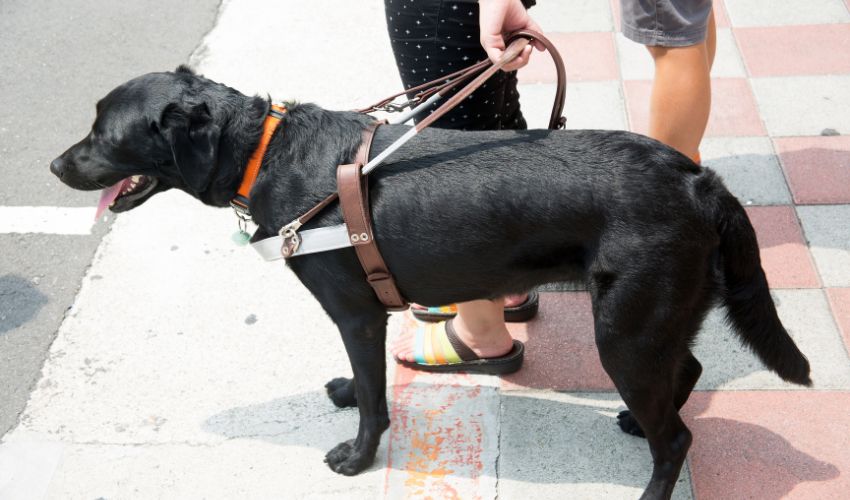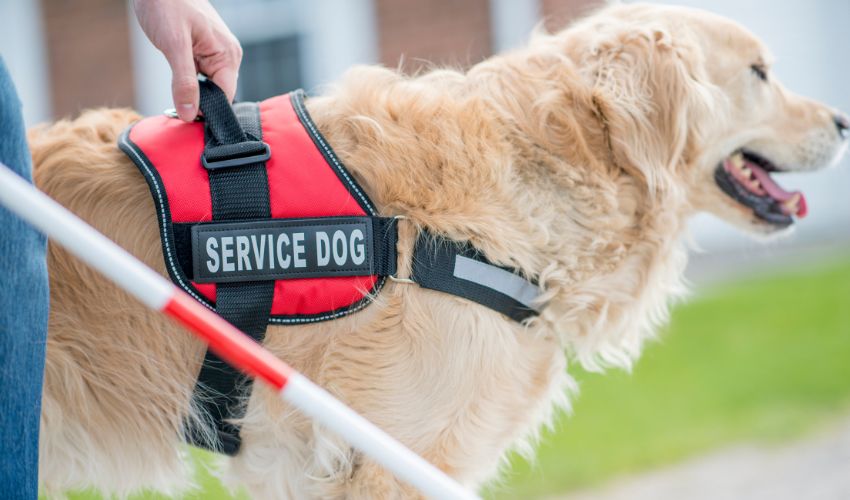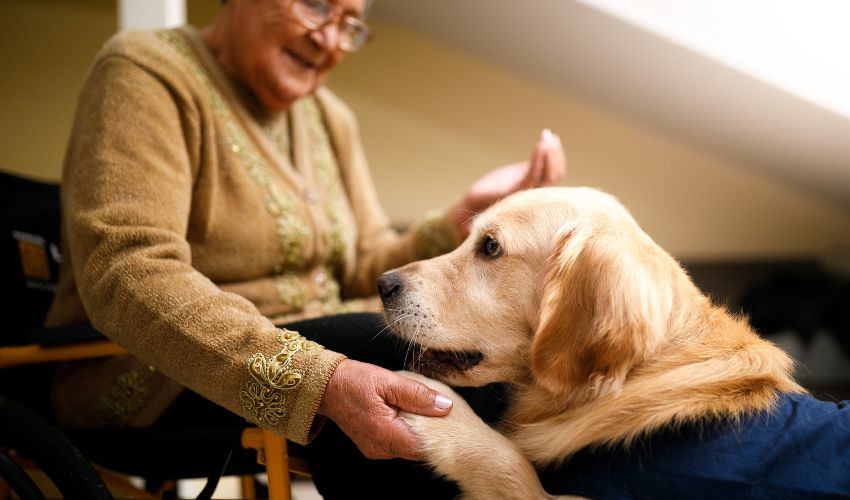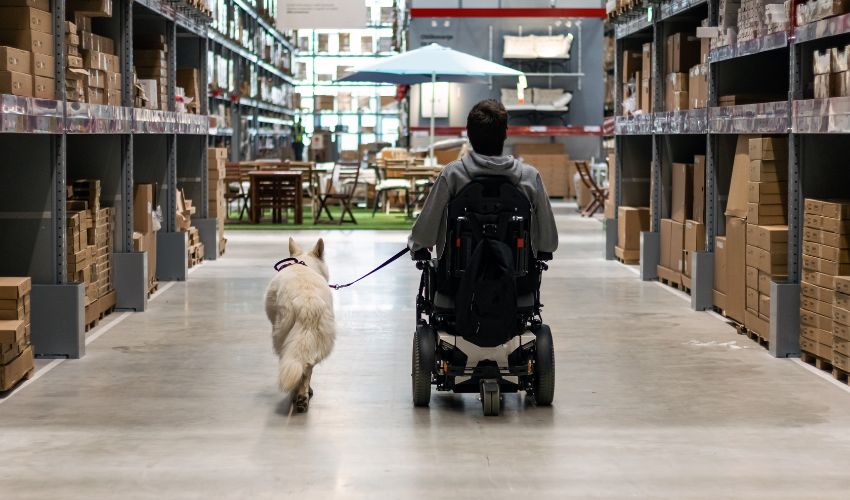Every year on August 4th, we celebrate Assistance Dog Day—a special occasion to honor the remarkable dogs who dedicate their lives to helping individuals with disabilities. These loyal companions go beyond being man’s best friend; they become indispensable partners who perform essential tasks, provide support, and offer companionship to those in need.
As part of International Assistance Dog Week (I.A.D.W.), Assistance Dog Day raises awareness and funds to support the invaluable work these dogs and their trainers do.
The History and Significance of Assistance Dog Day
Assistance Dog Day is a crucial part of I.A.D.W., created to recognize and celebrate the dedicated assistance dogs that help individuals mitigate disability-related limitations. These amazing animals transform the lives of their human partners, offering help, companionship, and unwavering loyalty.
The day also honors the puppy owners and trainers whose efforts ensure these dogs can perform their vital roles.
The roots of Assistance Dog Day can be traced back to Marcie Davis, a paraplegic for over 35 years, who wrote the book “Working Like Dogs: The Service Dog Guidebook.” Her work, which includes personal stories, checklists, and practical tips, serves as a guide for those interested in service dogs.
Marcie also hosts the internet radio program “Working Like Dogs” and founded Working Like Dogs to honor assistance dogs worldwide. Her dedication has been instrumental in establishing International Assistance Dog Week and celebrating Assistance Dog Day.

Types of Assistance Dogs and Their Roles
Assistance dogs are specially trained to perform a variety of tasks that help individuals with disabilities navigate daily life. These dogs are not trained for personal defense, protection, or comfort; instead, they perform specific functions based on their training and the needs of their human partners:
- Guide Dogs: These dogs assist individuals who are blind or have vision loss. They help their handlers navigate streets, doorways, and obstacles, providing safe and independent mobility.
- Hearing Alert Dogs: These dogs help those with hearing loss by recognizing and alerting their handlers to sounds such as alarms, sirens, telephones, and doorbells.
- Mobility Assistance Dogs: These dogs help individuals with physical disabilities by fetching items, opening doors, pressing buttons, and providing balance and stability.
- Medical Alert Dogs: These dogs are trained to detect medical conditions such as seizures, low blood sugar, or allergies, alerting their handlers to take necessary precautions.

Celebrating the Contributions of Assistance Dogs
Assistance Dog Day is a time to celebrate the heroic deeds of these dogs and the trainers who prepare them for their important roles. Various events and activities are organized to raise awareness and educate the public about the critical work these dogs perform. From demonstrations of their skills to fun activities, the day is filled with opportunities to learn about and appreciate these incredible animals.
How You Can Help
On Assistance Dog Day, we can all play a part in supporting these amazing dogs and their trainers. By raising awareness, donating to organizations that train assistance dogs, or volunteering your time, you can make a significant impact.
At Doobert.com, we are committed to supporting the efforts of assistance dog organizations and volunteers. Celebrate Assistance Dog Day by making a difference. Visit Doobert to sign up as a volunteer and support the training and placement of assistance dogs.

Your involvement can help provide vital support to individuals in need and honor the remarkable contributions of these canine heroes.
Assistance Dog Day is more than just a celebration; it’s a reminder of the profound impact these dogs have on the lives of those with disabilities. Let’s come together to recognize their hard work, raise awareness, and contribute to the ongoing support of assistance dogs and their trainers!











